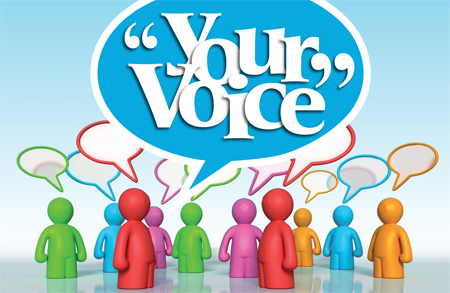Book Banning: Thoughts from a Sixth Grader

As of recent times, book-banning has been on the rise. The year 2023 alone saw a massive 4,240 unique titles from schools and libraries being challenged according to the American Library Association. Bans initially spiked around 2020 when COVID-19 was prominent before dropping off briefly and reaching new heights in 2022.
Many parents have taken the initiative as far as what books kids are reading. “Not all literature is equal,” stated dordtdiamond in their article, ‘I’m Pro Book Banning. Here’s why.’ “My problem, and I think the problem that many parents are having now, is with books that are sexual in nature. Books like ‘Gender Queer’ by Maia Kobabe and ‘Flamer’ by Mike Curato are perfect examples.”
While parents have every right to decide what content their children are exposed to and when, ‘book banning’ by definition involves making the content inaccessible to many children by taking it from schools or libraries. Why should any single parent, group, or other individual be allowed to make that decision about other people’s kids?
Sure, they probably have a genuine concern about the content and have kids’ safety in mind. Other people may not feel the same way about that same content however. Often, concerned parents are able to ask that their child is not able to check out certain titles from the library or opt them out of assignments on books they aren’t comfortable with. This is okay because it only affects their own child, and is a completely different matter from book-banning.
Another matter completely is adults. Mature and educated individuals who should be able to decide for themselves what they want to read. When books are pulled from public libraries or bookstores, that makes them less accessible to grown people. And to the case of books dubbed ‘offensive,’ nobody was forcing anyone to read them. What one person considers offensive someone else might find informative. Just because you’re upset by something, does that mean you should stop everyone from reading it?
Instead of trying to get our books banned, we should talk about them. We can use them as opportunities to understand each other’s perspectives. We shouldn’t take books away from other people. Read whatever you want to read, and think whatever you want to think, but just let other people do the same.



